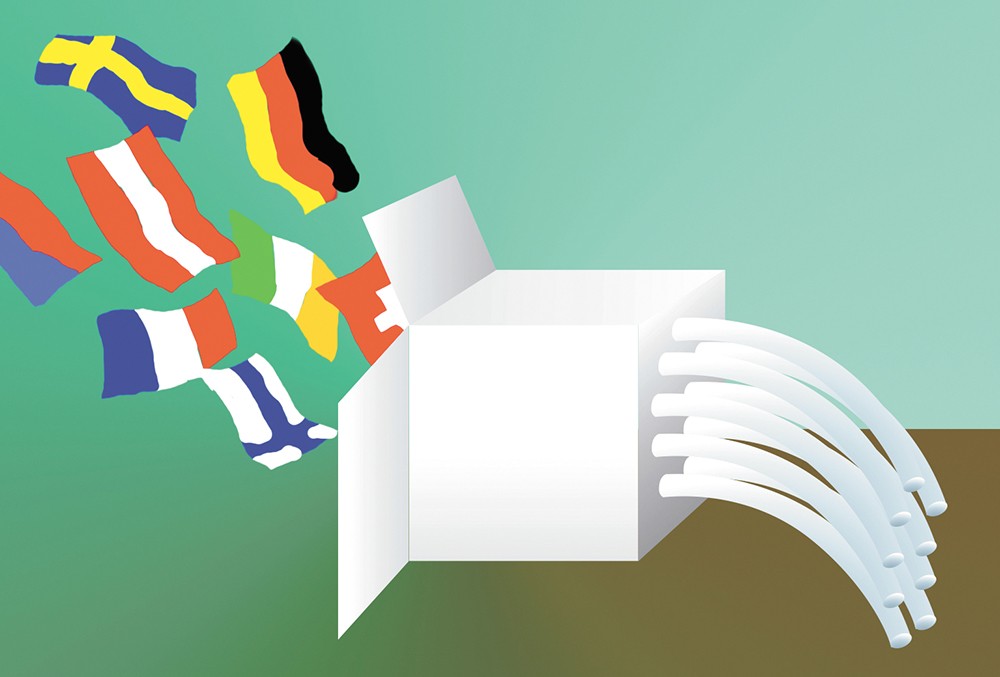Racism isn't just bad for the people it oppresses. It's also bad for the people whom it traditionally benefits. I know, some of you are scratching your heads. Let me break this down.
Racism requires that there be an oppressing group and one or more groups being oppressed. And yes, European people have benefited from the system of racism since colonization. For instance, the Homestead Act of 1862 gave free government land in the West to people who mostly were white. This land had belonged to tribal people for thousands of years. This has had a positive generational effect for those mostly white families in legacy wealth and sustainability, while preventing other groups from that benefit and long-term stability. So when I talk about the impact racism might have on European people, I want to acknowledge the backdrop of the enumerable instances of that horrible truth — even if some may not want to admit it.
But let's talk about how racism is bad for white people. When European people came to America seeking a better life, they gave up their ethnic and cultural identity to fit into the new country. I knew my cultural and ethnic identity was different than most of the kids in my third-grade class right away. The other kids, and even the adults, didn't allow me to forget it. It was painful, but it also has been empowering, especially as I get older. European people don't have the same experience. Because the system benefits them, they don't have to question who they are and how they fit into society — they just do.
But it's not that simple. When generations of white people benefit from the system with no thought of who they are and where they come from, they miss out on an essential part of being human — belonging. European people have been sold the lie that they don't have familial and ethnic connections to the home country, and they believe it. The fact is, any loss of culture and ethnicity is painful and sad.
Many times, white people can't even name their family history, so they call themselves "mutts." No joke. The Ancestry.com commercial selling sketchy DNA tests, featuring the guy who exchanges his lederhosen for a kilt, is painful to watch. Rachel Dolezal is a product of the need to connect and belong, so much so that she made up a whole new racial identity.
Not every white person and family lack connection to the motherland, but enough do that as a group, I can't help but think of them as the Lost Tribe of Europe. Think about the children who lack connections to what makes them who they are, and the narrative of how their ancestors used to live. Think about how much more connected they would feel if they knew their story, they could talk about family traditions and cultural nuances that belong to them. I know I gain strength from my culture, from the story of my ancestors thriving in one of the most harsh environments on Earth. Every child deserves the same connection and story to pass on the next generation.
What makes America great is our diversity, our connection to the rest of the world, and our decision to bond together as brothers and sisters. That doesn't mean mindless assimilation. Rather, it is a deep connection between strong, culturally diverse peoples who choose to bridge their differences. Building that bridge is what makes us a stronger America, and honestly, it makes us richer and definitely more interesting. ♦
Tara Dowd, an enrolled Inupiaq Eskimo, was born into poverty and now owns a diversity consulting business. She is an advocate for systemic equity and sees justice as a force that makes communities better.





















